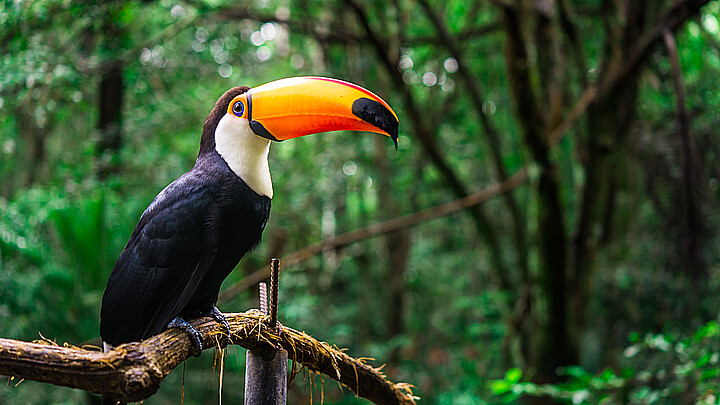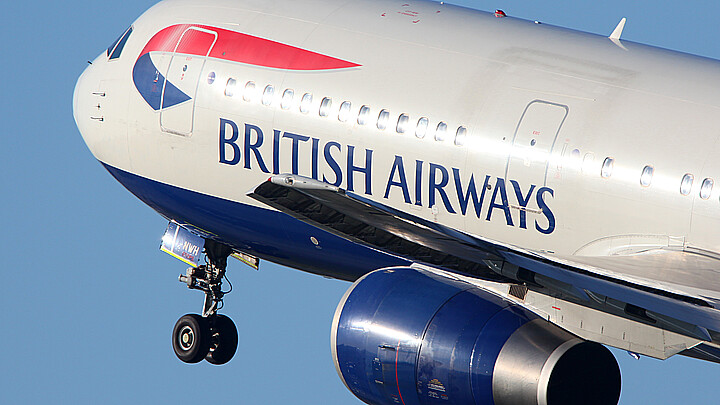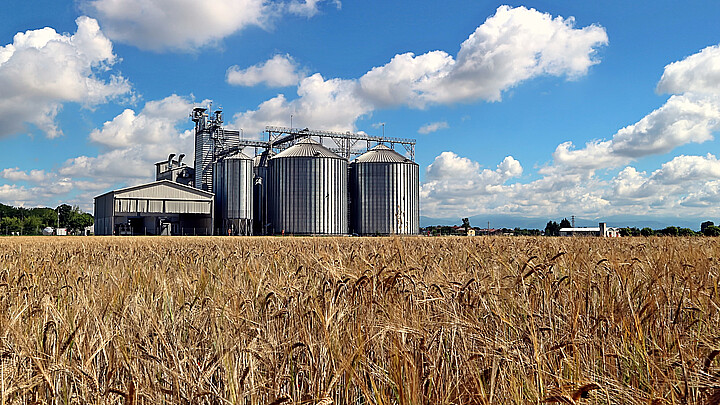Business
Western sanctions haven't stopped Russian cargo ships from reaching Brazil
Reportedly, most are carrying potassium chloride used on soy and corn fields – critical imports for Brazilian farmers who are dependent on Russia’s abundant fertilizer imports
April 18, 2022 4:32pm
Updated: April 18, 2022 5:08pm
Although officials had warned that sanctions against Russia could create a fertilizer shortfall in Brazil, preliminary shipping data has shown that Russian cargo vessels have continued to make deliveries to Brazil, potentially allowing for a normal grain planting season while also raising concerns about the South American’s country’s ties to Moscow.
According to a new report from Reuters, data collected by Agrinvest Commodities has shown that at least 24 vessels carrying nearly 678,000 tons of Russian fertilizers are expected to reach Brazil in the next weeks.
Although global sanctions have severely limited Russia’s ability to trade internationally since the Kremlin announced the invasion of Ukraine on Feb. 24, the data shows that 11 of the 24 vessels left Russian ports after the war began.
One fertilizer trader noted that deals are still possible as foreign arms of Russian businesses continue to fill orders, while banks untouched by Western sanctions process the payments.
Reportedly, most are carrying potassium chloride used on soy and corn fields – critical imports for Brazilian farmers who are dependent on Russia’s abundant fertilizer imports.
One vessel, the Pebble Beach, was the latest to leave Russia on April 4 carrying at least 35,000 tons of potassium chloride to Victoria port in southeastern Brazil.
But not only have sanctions not prevented Brazil from importing more fertilizer and other raw materials. According to data from industry group Siacesp, Brazil’s overall imports of materials used to make plant nutrients rose by 24.57% to 9.795 million tons in the first quarter of 2022.
Potassium chloride imports alone jumped 41.75% to 3.080 million tons.
These jumps show that Brazilian authorities kept buying even as prices skyrocketed and the war threatened to disrupt sales from companies in Russia, Belarus and Ukraine.
According to Siacesp, the top three suppliers of potassium chloride to Brazil in the first quarter were Canada's Canpotex, whose shareholders are Mosaic and Nutrien, the Belarusian Potash Company and Russia's UralKali. Mosaic, Norway's Yara and Brazil's Fertipar were the top three importers of the chemical, bringing in a combined 1.3 million tons between January and March, the data showed.










